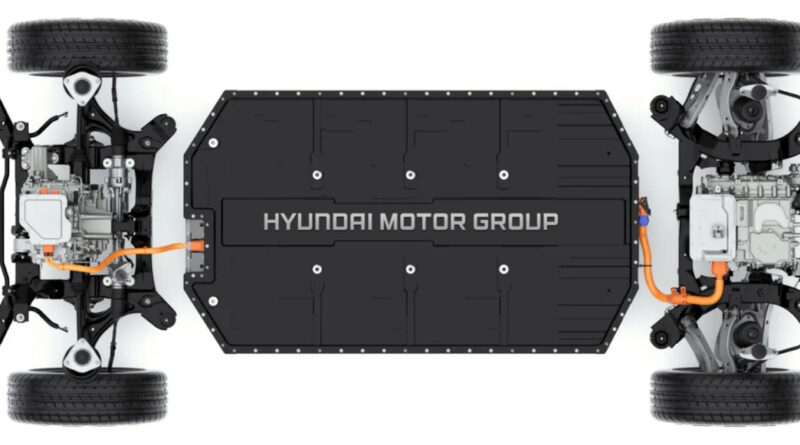The fossil fuel industry faces increasing pressure as innovative technologies emerge, promising to transform the energy landscape. New advancements in battery technology and electric motors are paving the way for cleaner alternatives, potentially hastening the decline of fossil fuel reliance.
Solid-State Batteries: A Game Changer
One of the most promising developments is in the field of solid-state batteries. These batteries, which have been in development for decades, offer significant advantages over traditional lithium-ion batteries, including higher energy densities, faster charging times, and enhanced safety features. Unlike their predecessors, solid-state batteries are less susceptible to thermal runaway, a common issue that can lead to battery fires.
Hyundai Motor Group has taken a significant step in this area by applying for a patent on a new solid-state battery technology that incorporates copper anodes. This innovation addresses a common problem in battery design, where copper is corroded by sulfides used in many solid-state batteries. By creating a protective coating for copper, Hyundai’s research aims to enhance battery performance, durability, and cost-effectiveness.
In January, Hyundai announced plans to initiate a pilot production line for these solid-state batteries at its Uiwang Research Institute. The partnership with Seoul National University underscores the company’s commitment to advancing this technology, which could play a crucial role in the future of electric vehicles and other applications where weight is a critical factor.
Axial Flux Motors: Revolutionizing Electric Vehicles
Another groundbreaking technology is the introduction of axial flux motors by Orbis Electric. The company’s new motor, known as HaloDrive, is designed for heavy-duty vehicles and features a modular architecture that enhances performance and efficiency. With a torque density of up to 100 Nm/kg, the HaloDrive motor claims to match the torque of a traditional V8 engine while being significantly lighter and more compact.
Orbis Electric asserts that the HaloDrive motor is not only cost-effective but also environmentally sustainable. It reportedly costs up to 35% less than conventional radial flux motors and boasts an energy efficiency of 97%. This motor can be installed in various applications, including as a generator to replace diesel-powered refrigeration units in semi-trailers. Such a transition could lead to a substantial reduction in diesel fuel consumption and emissions, marking a significant step toward cleaner transportation solutions.
As the fossil fuel industry grapples with these advancements, it faces a critical juncture. For years, fossil fuel companies have advocated for free-market principles, but with the emergence of cheaper and more efficient alternatives, they now seek government protections to maintain their market dominance. The urgency of this situation highlights the deep-seated tension between technological progress and entrenched industrial interests.
The transition to cleaner energy sources is not merely a matter of preference; it is increasingly a necessity driven by technological evolution. The innovations in battery technology and electric motors signal a shift in how energy is produced and consumed. As these technologies continue to develop, the fossil fuel industry may find itself on the defensive, struggling to adapt to a rapidly changing landscape. The ongoing advancements in energy technology could indeed signify a turning point in the global effort to combat climate change and reduce reliance on fossil fuels.







































































